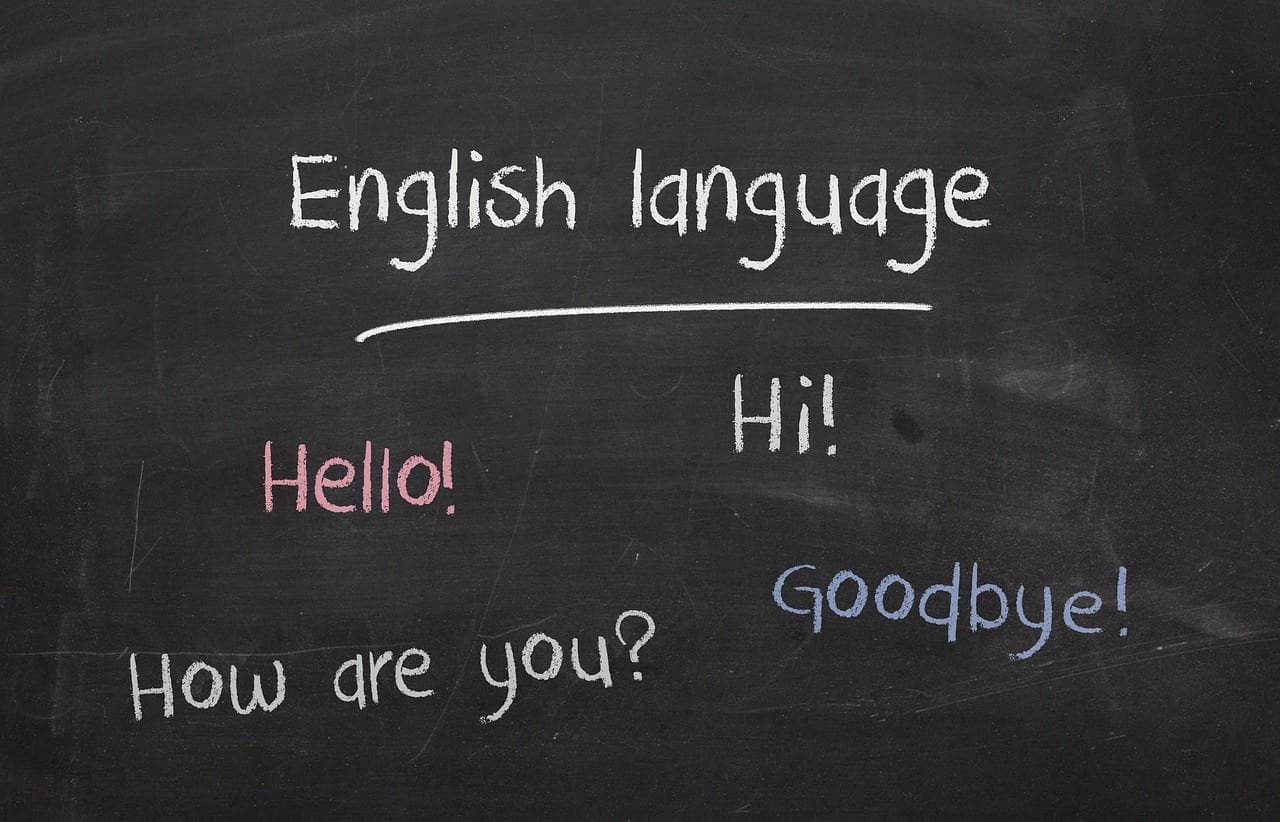
Eight years ago I began this regular feature where I share a few posts and resources from around the Web related to ESL/EFL or to language in general that have caught my attention.
You might also be interested in THE BEST RESOURCES, ARTICLES & BLOG POSTS FOR TEACHERS OF ELLS IN 2021.
Also, check out A Collection Of My Best Resources On Teaching English Language Learners.
In addition, look for our book on teaching ELLs, which was published in the Spring of 2018 and learn about our new book.
Here are this week’s choices:
I’m adding this tweet to THE BEST STRATEGIES FOR “ENGINEERING” TEXT SO THAT IT’S MORE ACCESSIBLE TO ELLS:
When you have limited time & a high EL caseload.
Suggestion
▶️ identify Ss who are close to proficient
▶️ implement a consultative model of supportHow
Engineering texts so Ss can access grade level text that would otherwise be beyond their reading comprehension level.#bcell pic.twitter.com/K2zjOjCOXd— Michelle Gill (@MrsGill_) October 14, 2023
Practice English with News does what it says it does. I’m adding it to The Best News/Current Events Websites For English Language Learners.
Google Comments for Student Discussions is from FLT Magazine.
Ask AI to Generate the Picture You Described. A Writing Lesson Idea With A Touch of AI Creativity. is from A Journey In TEFL. I’m adding it to THE BEST RESOURCES FOR TEACHING & LEARNING WITH AI ART GENERATION TOOLS.
This article from The Washington Post explains why and how parents, even if they don’t speak English, can still help their children become better readers in any language:
Deep comprehension means utilizing prior knowledge to dynamically engage with writers and their work.
The process of teaching kids to read better through knowledge acquisition must start early. Data gathered in homes, at schools and in labs show that 1-to-3-year-old children who have conversations with older people learn to read more easily than children who do not.
And it’s not just the sheer quantity of conversation that matters. The information embedded in those discussions shapes unfolding literacy skills. When adults talk substantively about events and objects, children are afforded a significant educational advantage: Their growing bodies of knowledge boost their reading skills.
I’m adding this next tweet to The Best Scaffolded Writing Frames For Students:
I’ve been using the TEEL paragraph structure to give students a framework for writing paragraphs:
T- topic sentence
E – explain the topic w/o an example
E – use an example to explain the topic sentence
L – link the example back to the TS. pic.twitter.com/pBWNbW5PXt— Tan K Huynh (he/his) 🇱🇦🇺🇸🏳️🌈 (@TanKHuynh) October 21, 2023
Listene provides daily listening practice with comprehension questions. Readle does the same for…reading.
Gartic Phone and FishBowl are two online games that would be fun and useful for ELLs to play – if they aren’t blocked by district content filters. I’m adding them to The Best Online Games Students Can Play In Private Virtual “Rooms”



Recent Comments